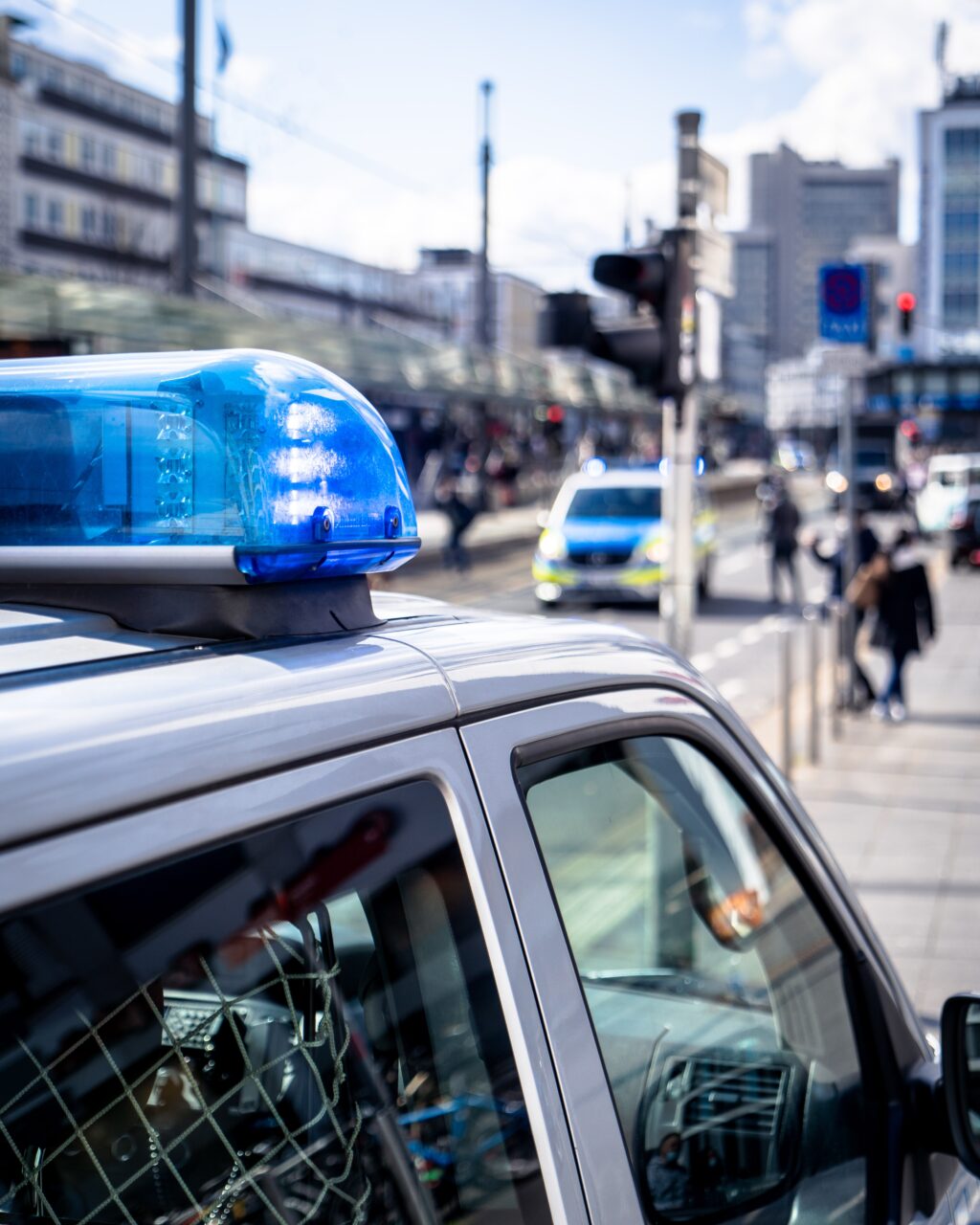The four main stressors of frontline policing
Preliminary analysis of quantitative data collected by a Sprott research team before and during the onset of COVID-19 suggests that the pandemic shone a spotlight on longstanding stressors faced by frontline officers.

Given the high-stake/high-emotion nature of policing, the prevalence of chronic stress within the sector is not surprising, nor is the desire among police associations to identify and ameliorate the main factors contributing to such stress.
Working with Chancellor’s Professor of Management Linda Duxbury, and with representatives from a national police organization, PhD candidate Sean Campeau has been investigating the impact of COVID-19 on workplace stressors, work-life conflict, and coping mechanisms among frontline officers. His objective is to determine how well theories about workplace wellbeing hold up in an extreme case of demanding frontline work conditions and to empower his partner organization to improve their management and service delivery. Surveys conducted as part of this study identify four key factors that exacerbate stress for frontline officers.
1. Multiple number one priorities
Frontline officers across the board attributed high levels of work stress before and after the onset of COVID-19 to multiple competing priorities. While the articulation of this stressor varied (e.g., fear that excessive workload would lead to cases falling through the cracks, concern about the impact of unrealistic timelines on quality of work), it was common in all respondent groups, regardless of gender or parental status, suggesting its systemic nature. The new and changing issues that emerged with the onset of the pandemic exacerbated the problem of competing number-one priorities.
2. Policing culture
Policing culture is a strong culture. Some of the negative effects of that culture have played out publicly and been captured by media, but other aspects are opaque to outsiders. For example, a low tolerance for bad decisions and misbehaviors leads people within police forces to be overly critical of each other and to refrain from seeking help when they require it—especially across organizational lines. The loss of social contact brought about by the pandemic may have exacerbated this problem by limiting the social support officers could receive from their colleagues.
3. Lack of resources
Lack of resources is a major issue although the precise nature of the shortage varies across organizations and regions. Moreover, frontline officers are affected by shortages within not only their respective organizations, but also the communities where they work.
“Since police are the last layer in the social safety net, you can call them for just about any reason, and they will come. They have to come. So lack of resources in housing, mental health—gaps in any of these areas affect policing and stress levels among frontline officers.”
When closures related to COVID-19 curtailed community members’ access to vital resources (e.g., housing and mental health supports), the number of police calls pertaining to these issues multiplied.
4. Lack of training
Training is crucial to effective policing, both because it’s a difficult job and because it’s constantly changing. Policies, procedures, and regulations change; new equipment is obtained; and the very nature of the job itself evolves over time.
“From afar, traditional policing might not seem to have changed much in the past hundred years in that we still have uniformed officers who swear an oath to address public safety issues, fight crime, and respond to emergency situations, but what that all looks like now is very different from before.”
By presenting officers such new challenges as dealing with PPE for themselves and those with whom they interacted, replacing in-person procedures with contactless and remote ones, and learning to police the community while maintaining physical distance, COVID-19 shone a spotlight on the ever-changing nature of police work. Remarkably, when it comes to identifying stressors, officers focus less on the changes themselves than on their sense that they are not receiving—or do not have time for—the training that they require to do their job well.
These four stressors are not entirely within the control of police organizations. Much of the demand placed on frontline officers, for example, comes from the public rather than from internal parties. Nevertheless, research has repeatedly found that organizational stressors can be at least as important as operational stressors for police officers. Sean hopes that his research will empower his partner organization to curtail organizational sources of stress while simultaneously encouraging local communities and government to identify clear policing priorities for both the present and the future.
